
A veterinarian (vet) is a medical professional who practices veterinary medicine. They manage a wide range of health conditions and injuries in non-human animals. Along with this, veterinarians also play a role in animal reproduction, health management, conservation, husbandry and breeding and preventive medicine like nutrition, vaccination and parasitic control as well as biosecurity and zoonotic disease surveillance and prevention.
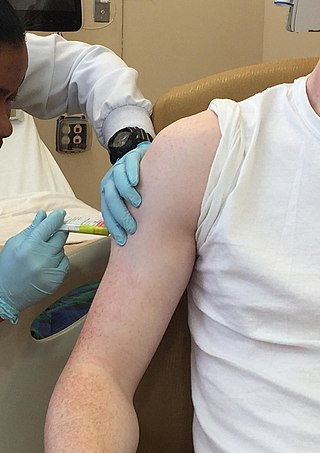
Clinical trials are prospective biomedical or behavioral research studies on human participants designed to answer specific questions about biomedical or behavioral interventions, including new treatments and known interventions that warrant further study and comparison. Clinical trials generate data on dosage, safety and efficacy. They are conducted only after they have received health authority/ethics committee approval in the country where approval of the therapy is sought. These authorities are responsible for vetting the risk/benefit ratio of the trial—their approval does not mean the therapy is 'safe' or effective, only that the trial may be conducted.

Health informatics is the study and implementation of computer structures and algorithms to improve communication, understanding, and management of medical information. It can be viewed as branch of engineering and applied science.

The Women's Health Initiative (WHI) was a series of clinical studies initiated by the U.S. National Institutes of Health (NIH) in 1991, to address major health issues causing morbidity and mortality in postmenopausal women. It consisted of three clinical trials (CT) and an observational study (OS). In particular, randomized controlled trials were designed and funded that addressed cardiovascular disease, cancer, and osteoporosis.
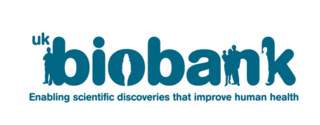
UK Biobank is a large long-term biobank study in the United Kingdom (UK) which is investigating the respective contributions of genetic predisposition and environmental exposure to the development of disease. It began in 2006.
deCODE genetics is a biopharmaceutical company based in Reykjavík, Iceland. The company was founded in 1996 by Kári Stefánsson with the aim of using population genetics studies to identify variations in the human genome associated with common diseases, and to apply these discoveries "to develop novel methods to identify, treat and prevent diseases."
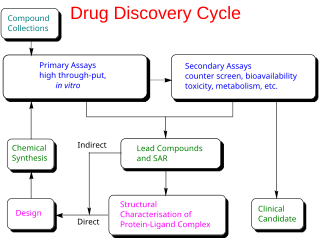
Drug development is the process of bringing a new pharmaceutical drug to the market once a lead compound has been identified through the process of drug discovery. It includes preclinical research on microorganisms and animals, filing for regulatory status, such as via the United States Food and Drug Administration for an investigational new drug to initiate clinical trials on humans, and may include the step of obtaining regulatory approval with a new drug application to market the drug. The entire process—from concept through preclinical testing in the laboratory to clinical trial development, including Phase I–III trials—to approved vaccine or drug typically takes more than a decade.
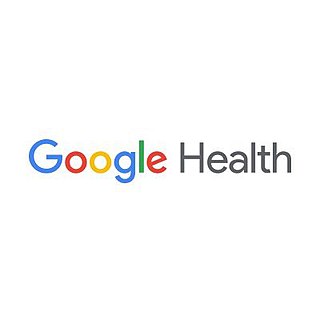
Google Health was a project by Google designed as an attempt to create a repository of health records and data in order to connect doctors, hospitals and pharmacies directly. The project was introduced in 2008 and discontinued in 2012. Google Health was restarted in 2018 but appeared to be discontinued in 2021 and was officially called an "effort" rather than a separate division as of 2022.
A glossary of terms used in clinical research.
Generation Scotland is a biobank, a resource of biological samples and information on health and lifestyle from thousands of volunteer donors in Scotland.
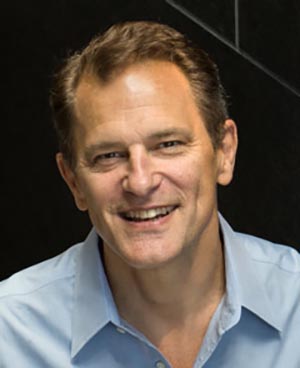
Robert C. Green is an American medical geneticist, physician, and public health researcher. He directs the Genomes2People Research Program in translational genomics and health outcomes in the Division of Genetics at Brigham and Women's Hospital and the Broad Institute, and is Director of the Preventive Genomics Clinic at Brigham and Women's Hospital. Research led by Green includes clinical and research aspects of genomic and precision medicine, including the development and disclosure of Alzheimer's disease risk estimates and one of the first prospective studies of direct-to-consumer genetic testing services. He has studied the implementation of medical sequencing in healthy adults, newborns, and active duty military personnel. As of 2020, he is leading the first research collaboration to explore return of genomic results and better understand penetrance in a population-based cohort of underrepresented minorities. He has led the Preventive Genomics Clinic at Brigham and Women's Hospital since its creation in 2019.

Christopher G. Chute is a Bloomberg Distinguished Professor at Johns Hopkins University, physician-scientist and biomedical informatician known for biomedical terminologies and health information technology (IT) standards. He chairs the World Health Organization Revision Steering Group for the revision of the International Classification of Diseases (ICD-11).
Calico Life Sciences LLC is a subsidiary of Alphabet Inc. with a focus on biotechnology. Calico's goal is to increase the understanding of the biology that controls human aging, attempting to devise interventions that may enable people to lead longer and healthier lives.
Renown Health is the largest locally owned not-for-profit healthcare network in Northern Nevada. It has more than 6,500 employees system-wide and is one of Northern Nevada's largest employers.

Verily Life Sciences LLC, also known as Verily, is Alphabet Inc.'s research organization devoted to the study of life sciences. The organization was formerly a division of Google X, until August 10, 2015, when Sergey Brin announced that the organization would become an independent subsidiary of Alphabet Inc. with restructuring completed on October 2, 2015. On December 7, 2015, Google Life Sciences was renamed Verily.
The All of Us Research Program is a research program created in 2015 during the tenure of Barack Obama with $130 million in funding that aims to make advances in tailoring medical care to the individual. The mission of All of Us is to accelerate health and medical breakthroughs, enabling individualized prevention, treatment and care.

Andrew J. Conrad is an American geneticist who heads Verily, a life sciences division of Alphabet Inc. As its chief executive officer, Conrad has recruited a multidisciplinary team of chemists, doctors, engineers, behavioral scientists and data scientists to research health and disease.
Dynamic consent is an approach to informed consent that enables on-going engagement and communication between individuals and the users and custodians of their data. It is designed to address the many issues that are raised by the use of digital technologies in research and clinical care that enable the wide-scale use, linkage, analysis and integration of diverse datasets and the use of AI and big data analyses. These issues include how to obtain informed consent in a rapidly-changing environment; growing expectations that people should know how their data is being used; increased legal and regulatory requirements for the management of secondary use of data in biobanks and other medical research infrastructure. The approach started to be implemented in 2007 by an Italian group who introduced the ways to have an ongoing process of interaction between researcher and participant where "technology now allows the establishment of dynamic participant–researcher partnerships." The use of digital interfaces in this way was first described as 'Dynamic Consent' in the EnCoRe project. Dynamic Consent therefore describes a personalised, digital interface that enables two-way communication between participants and researchers and is a practical example of how software can be developed to give research participants greater understanding and control over how their data is used. It also enables clinical trial managers, researchers and clinicians to know what type of consent is attached to the use of data they hold and to have an easy way to seek a new consent if the use of the data changes. It is able to support greater accountability and transparency, streamlining consent processes to enable compliance with regulatory requirements.

The 21st Century Cures Act is a United States law enacted by the 114th United States Congress in December 2016 and then signed into law on December 13, 2016. It authorized $6.3 billion in funding, mostly for the National Institutes of Health. The act was supported especially by large pharmaceutical manufacturers and was opposed especially by some consumer organizations.

Merative L.P., formerly IBM Watson Health, is an American medical technology company that provides products and services that help clients facilitate medical research, clinical research, real world evidence, and healthcare services, through the use of artificial intelligence, data analytics, cloud computing, and other advanced information technology. Merative is owned by Francisco Partners, an American private equity firm headquartered in San Francisco, California. In 2022, IBM divested and spun-off their Watson Health division into Merative. As of 2023, it remains a standalone company headquartered in Ann Arbor with innovation centers in Hyderabad, Bengaluru, and Chennai.












